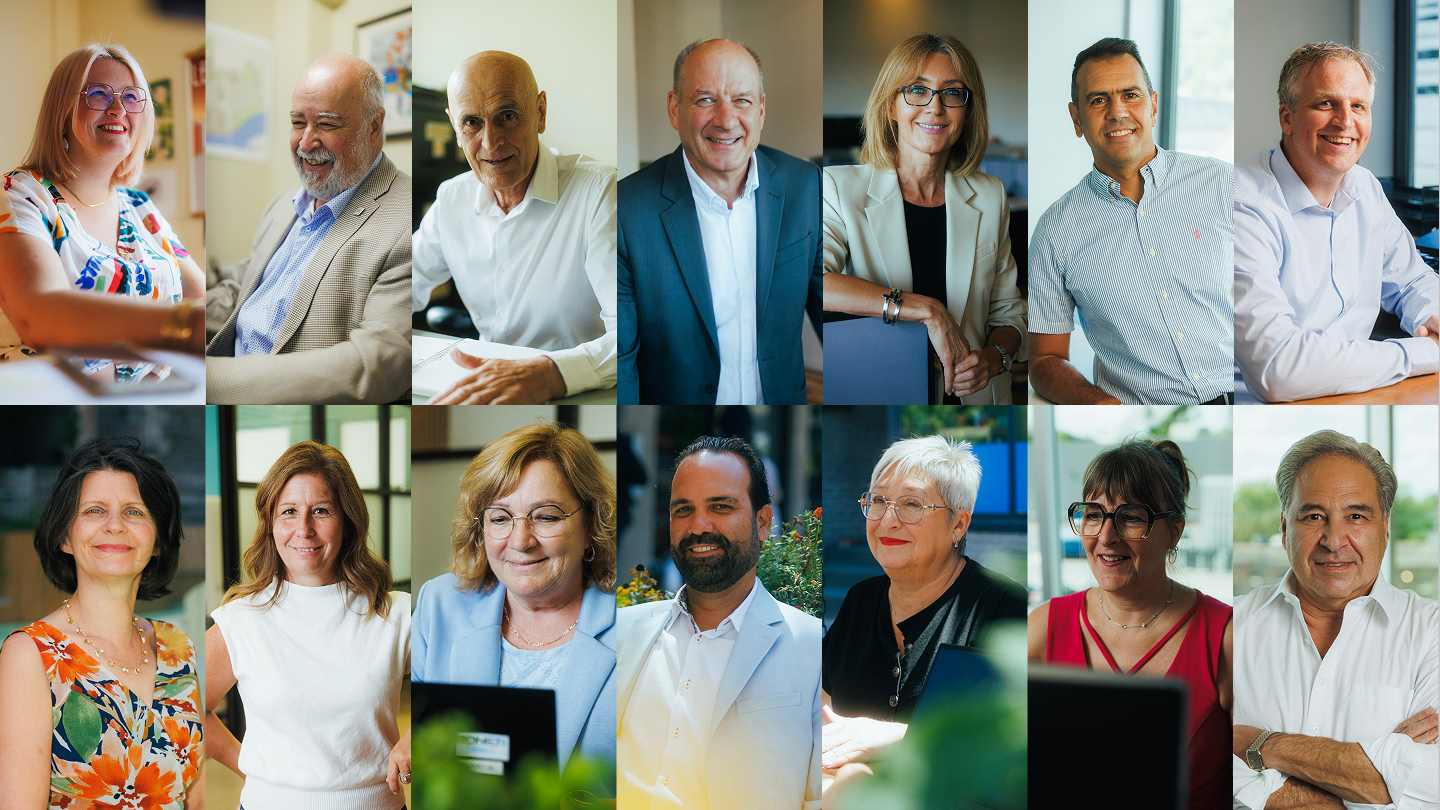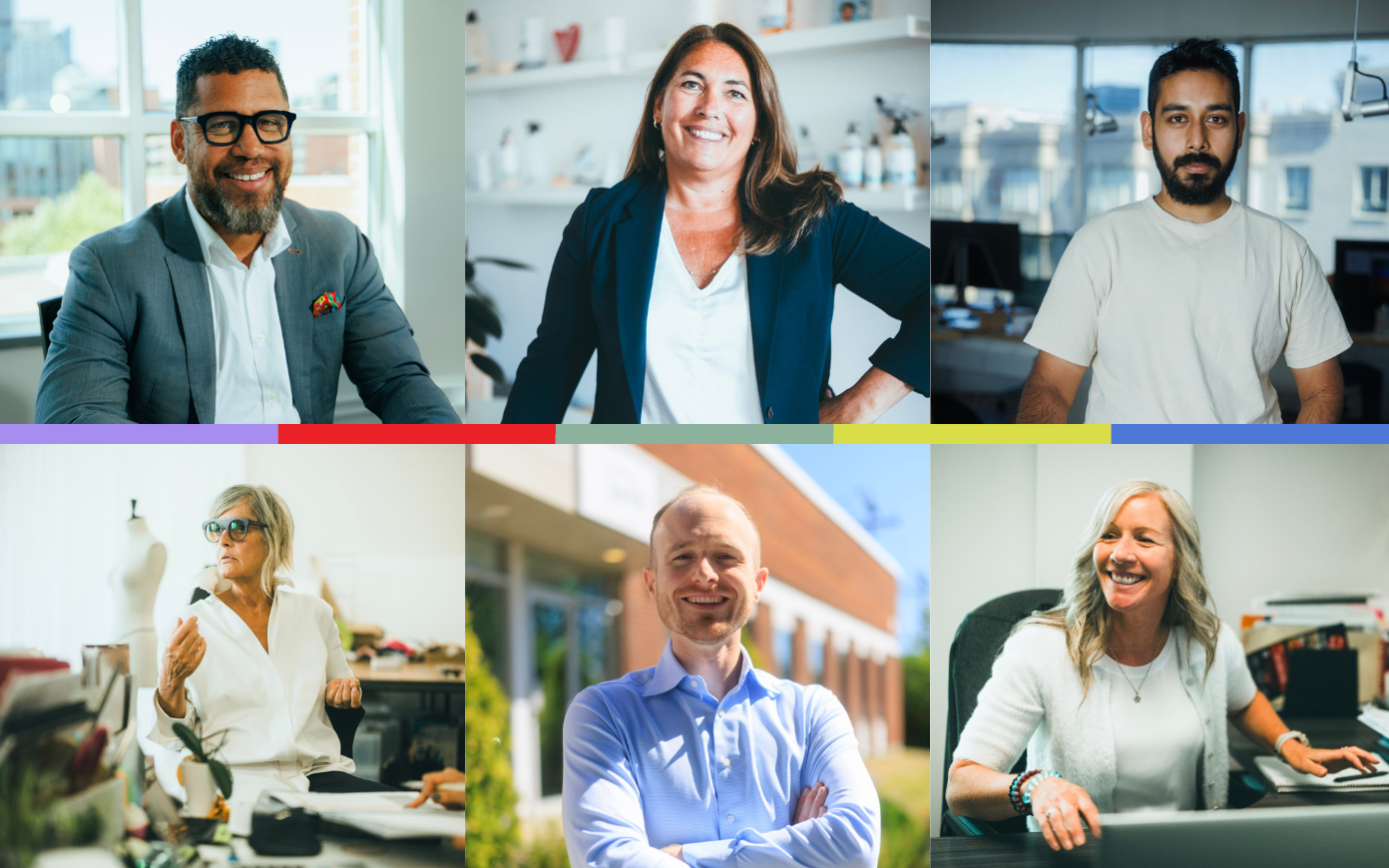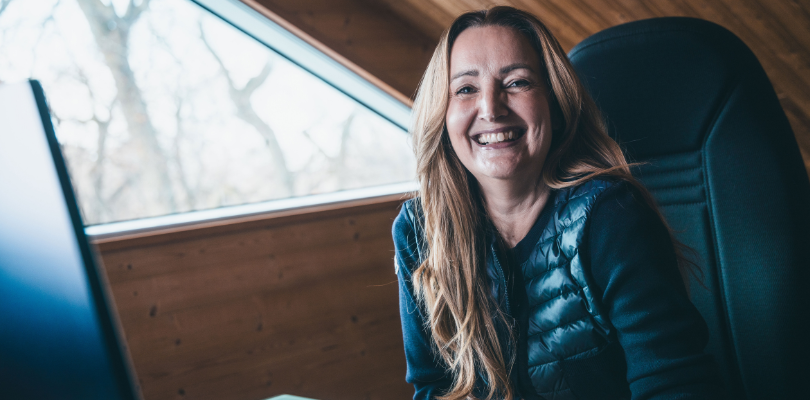5 reasons for adopting sustainable development practices
Topic: Sustainable development Commercialization Human resources
Step: Growing
19 April 2022

Who says sustainable development and business profitability are incompatible? Vincent Ayotte, Circular Economy and Sustainable Development Consultant at PME MTL Est-de-l'Île, uses case studies of local and not-so-local businesses to illustrate the financial and competitive advantages of adopting “green” policies.
1. Save money and resources
The transformation of processes or production methods through the adoption of more sustainable principles can lead to significant savings. Consider the case of Cycles Devinci, a bicycle manufacturer that modified its techniques for applying paint to its products. Results include 32% less paint and 80% less solvents used, generating savings of $80,000 per year.
For its part, the Canadian carpet brand Interface transformed its production methods in an effort to reduce its ecological footprint, which led to a 78% decrease in industrial waste, a 72% reduction in water consumption and 68% fewer factory rejects. The result: cumulative savings of $372 million in 2018.
2. Stand apart
Against the backdrop of globalization and E-commerce, businesses need to find a way to stand apart within their sector of activity and to generate consumer interest in their brand. Still Good took this advice to heart in preparing snacks by upcycling food waste that was destined for landfill or lower added-value markets. In addition to the elevated nutritional value of its products, the story behind Still Good is what causes this company to stand apart from the competition. The company estimates that it recovers 176 tons of organic material and prevents more than 55 tons of greenhouse gas emissions per year.
3. Keep employees happier and more productive
Offering telework as an option represents a competitive advantage that should not be under-estimated, especially within the current context of a labour shortage, and even more so since the pandemic. One of the findings of a recent study published by Harvard Business Review was that employees who work remotely are happier with their jobs and less likely to leave the company, on top of being 13.5% more productive.
In reducing commuter travel and the overall volume of office space required, telework also constitutes a sustainable development practice. Another survey conducted by Harvard University revealed that organizations that take active steps to protect the environment generate a sense of engagement among their employees, which translates to a 21% increase in profitability.
Finally, according to a survey conducted by the PricewaterhouseCoopers consulting firm, nearly three-quarters of millennials (70%) will choose to earn a lower salary at a “green” business instead of higher compensation at a company that is not active in this area.
4. Access new markets
Companies that make the shift toward sustainable development gain access to new markets. This was the case with the Lemay architectural firm, which enhanced its service offer with expertise in the area of certifications related to sustainable development (e.g.: WELL, Fitwel, LEED and Zero Carbon). This approach enabled them to reach new clients with less traditional requirements.
The renovation of the firm’s head office helped to strengthen its positioning in the fight against climate change. In fact, the firm took advantage of the opportunity to design a test environment for new concepts and approaches that meet the criteria of excellence in sustainable development design and leadership. Among the notable initiatives that Lemay deployed to obtain LEED Platinum and Fitwel environmental certifications were the generation of electricity using photovoltaic panels installed on the roof and certain facades of the building, heat recovery, a storage system that stores electrical energy and thermal accumulation to avoid heat consumption peaks.
5. Assistance for taking action
Do you need a helping hand to implement your eco-responsible project? Thanks to the Fonds Écoleader (Ecoleader Fund), you may be eligible to receive financial assistance in the form of a non-repayable grant of up to $40,000 to adopt “greener” practices and $60,000 to acquire clean technologies. Do you operate a manufacturing business? The Fonds Développement industriel et durable (industrial and sustainable development fund) is intended for you. It provides subsidies of up to $50,000 for business projects involving the robotization or automation of processes or the adoption of clean technologies or eco-responsible practices.
For more information, consult our sustainable development experts. They can help you to improve the performance of your business in the area of industrial and sustainable development.
This article was written in collaboration with Vincent Ayotte, Consultant – Circular Economy and Sustainable Development at PME MTL Est-de-l'Île.
Articles
Des entrepreneurs qui font la différence
PME MTL vous propose des guides pratiques pour vous accompagner à chaque étape de votre parcours. Gagnez du temps avec des ressources conçues pour répondre à vos besoins spécifiques.




